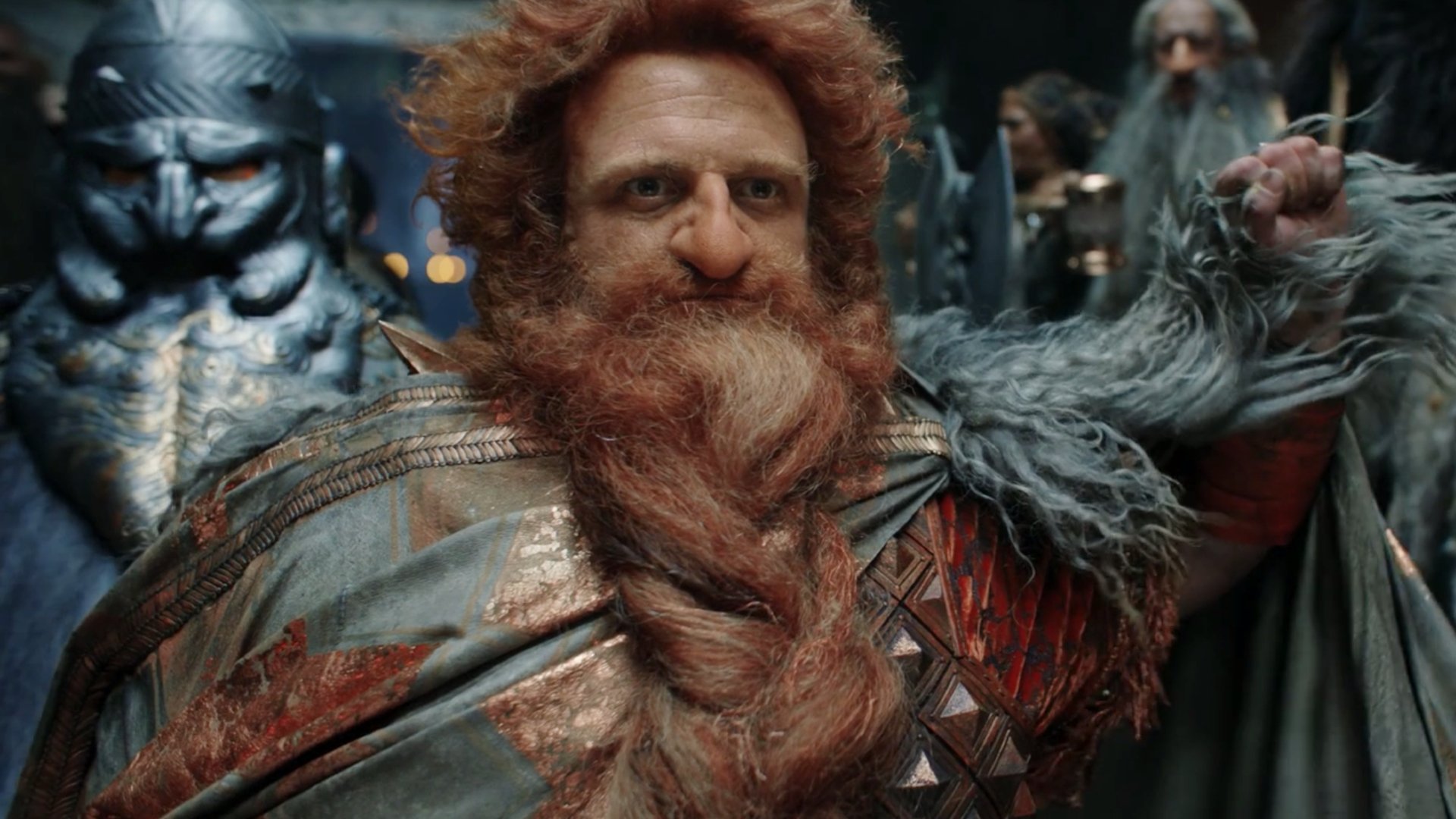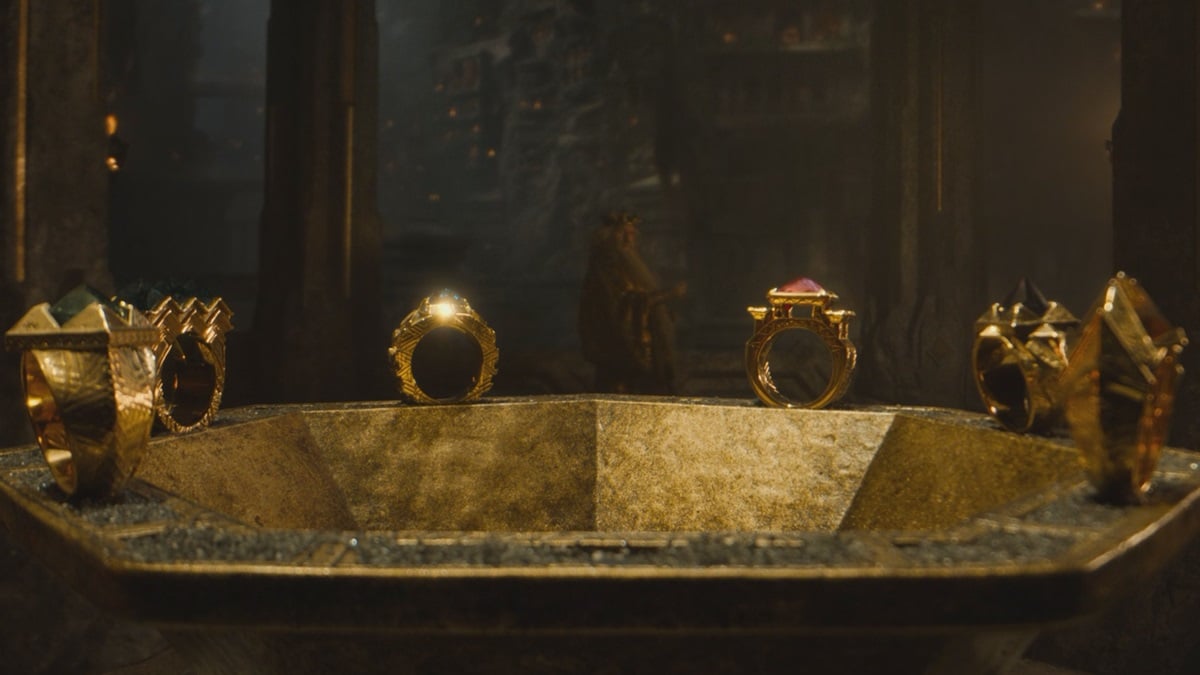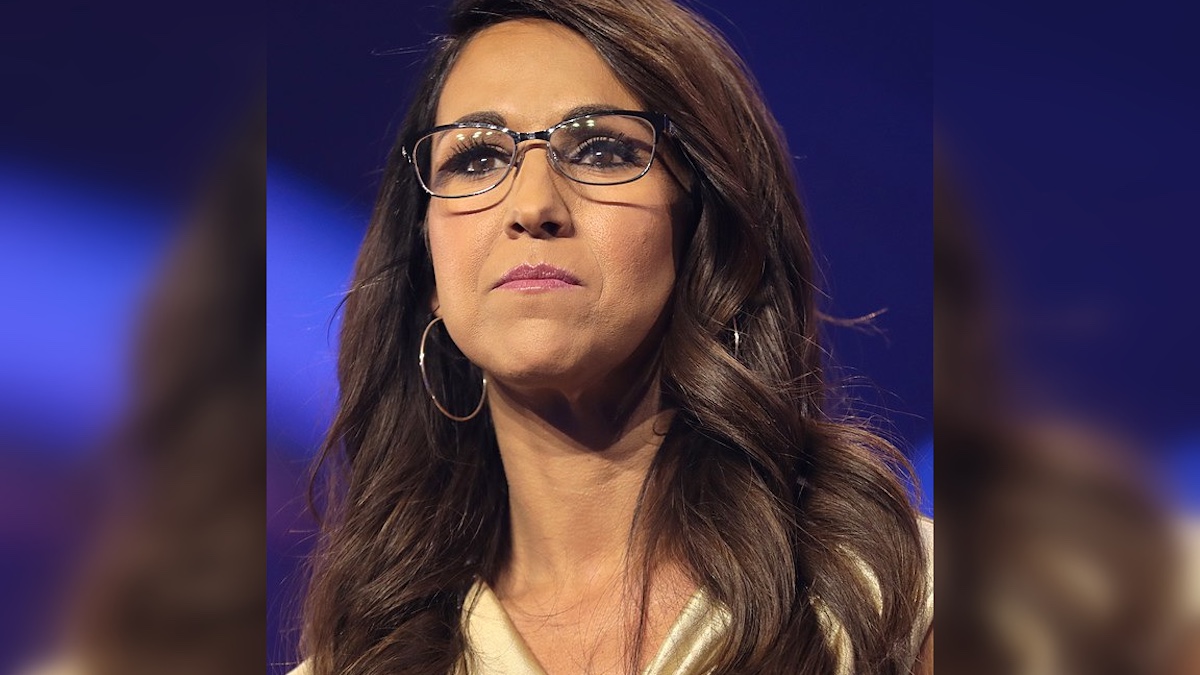It is said in The Lord of the Rings that Sauron the Deceiver gave seven rings to the Dwarf lords, but what happened to these artifacts of power in the second and third ages of Middle-earth?
In the ongoing second season of The Rings of Power, Sauron the Deceiver, in the guise of Annatar, creates seven more rings of power for the Dwarves. He gives one to Durin III, who rules over the realm of Khazad-dûm in the depths of the Misty Mountains. Durin III uses this new gift to uncover hidden pathways in the mountains that lead to light, which saves Dwarrowdelf from starvation. Durin then puts on the ring to locate the precious stones deep beneath the mountain pass, which we know, from the history of Middle-earth, will end in a disaster for Durin’s Folk.
Now, if you’ve found yourself wondering what happens to the rest of the six rings, and whether they have a part to play in the War of the Ring, which was depicted in the main sequence of The Lord of the Rings novels, then we’ve got you covered.
What happened to the seven Dwarven rings?

In the chapter “The Shadow of the Past,” Gandalf says that Sauron gave seven rings to “dwarf-kings,” which implies that only the rulers of the seven dwarven clans received rings of power. These were Durin’s Folk, Stonefoots, Blacklocks, Stiffbeards, Ironfists, Broadbeams, and Firebeards.
But perhaps the most important thing about the seven Dwarven lords who received these rings was that, unlike the nine lords of Men who received rings of their own and immediately succumbed to Sauron’s will, these stone rulers were resistant to the influence, and so the dark lord failed to gain any measure of control over them or their kingdoms. The Dwarves’ natural stubbornness was something that Sauron hadn’t accounted for, and so he had to spend many hundreds of years recovering these rings or watching them be uselessly destroyed.
That said, the rings did give their lords some power by bringing them vast wealth. It’s even hinted that the legendary Seven Hoards of the Dwarves were the product of the rings of power. The Dwarves grew steadily greedier due to the rings’ influence, and that indirectly benefitted Sauron in the long run.
In the Third Age, by the time The Lord of the Rings takes place, four out of the seven Dwarven rings have been destroyed by dragon fire, with the other three having been reacquired by Sauron. Sauron’s messenger to Erebor, as explained in “The Council of Elrond,” offers to return the three rings in return for the Dwarves’ allegiance, which they refuse.
Interestingly enough, one of these three remaining rings is Thrór’s ring, passed down to his son Thrain II, who was captured and tortured in Dol Guldur by Sauron until he gave it up. (We see glimpses of this in Peter Jackson’s The Hobbit: The Desolation of Smaug.)
With the destruction of the One Ring and the downfall of Sauron, it’s safe to assume that the powers of the remaining Dwarven rings also faded away.










Published: Sep 16, 2024 05:16 pm